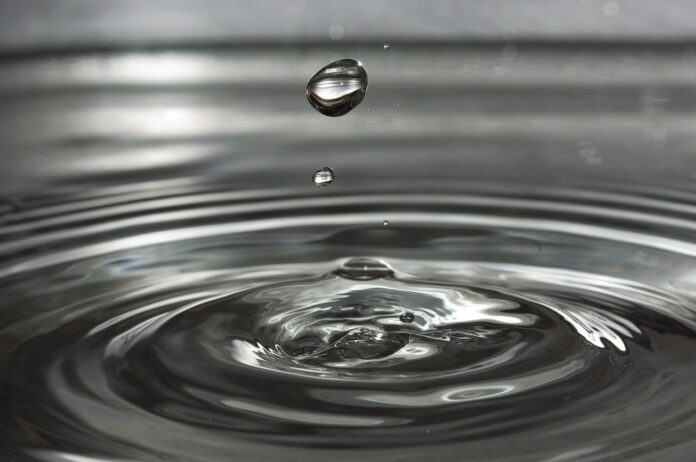If you are experiencing any property flooding this spring, now is the time to get your well checked.
That’s according to SouthEast Health Unit (SEHU).
The health unit says thawing of snow and ice, combined with spring rains, may cause localized flooding.
Water that forms ponds around wells can also affect the safety of drinking water.
Any residents with wells directly affected by flooding should boil their water for one minute at a ‘rolling boil’ before drinking the water, or use an alternate safe source until you test your water and confirm that it is safe to drink.
Tips to keep in mind if your property is prone to flooding:
- monitor weather and take warnings seriously
- monitor your local conservation authority website and alerts for localized flooding risks
- ensure drainage ditches, etc. around your home are clear and can function during periods of heavy rain
- label the shut off valves and the direction to turn off the gas, water, power, etc. If you must leave your home due to rising flood waters, turn off the power, gas, etc.
- maintain your home to keep water out
- move items likely to be affected by a flood water to higher areas where possible
- ensure chemicals, cleaners; gas cans, etc. are stored in such a manner as not to contaminate flood water
- ensure you have a supply of fuel for generators and pumps in the event of power outage. Store fuel in a manner so as not to contaminate flood water
- ensure you have an emergency kit stocked; be sure to include important documents, cash, safe drinking water, food and medication.
Health officials emphasize that it’s important to regularly test your well water for bacteria. bacteria in well water may not affect the taste or smell of water. Testing well water is the only way to know for sure if your drinking water is safe to consume or if it is contaminated with bacteria.
The Health Unit recommends that you test your well water at least three times a year, or after any weather events such as flooding that may affect the safety of your drinking water.




